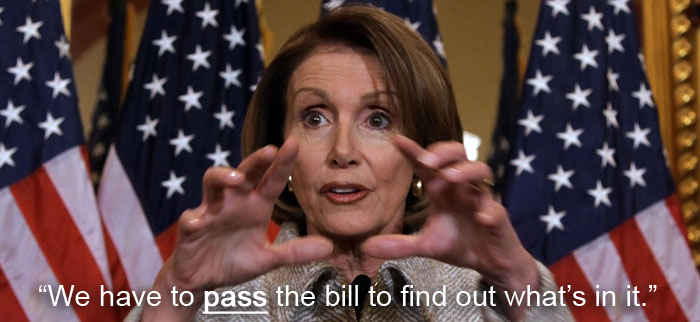About 4 out of 10 voters cast their ballots in last month’s run-off election, or had already early voted before Election Day. With such low participation levels, it reminds me of Thomas Jefferson’s saying that, “We in America do not have government by the majority. We have government by the majority who participate.”
And in keeping with the Christian roots of our freedom, we love our neighbor and respect his choices, even if we do not agree with him. Although every candidate may not have earned the majority of the voters’ support, they each deserve our respect.
But a reader commented to me recently, “How can you say that all candidates deserve respect? Does the desire to hold office make a person respectable? Does asking for something, like a vote, automatically earn one a title of honor?”
No, it doesn’t, and he makes a good point. Of course, the dictionary definition of respect is “a feeling of deep admiration for someone or something, elicited by their abilities, qualities, or achievements”. It comes from the Latin word re- ‘back’ plus specere ‘look at.’
My respect for candidates is not necessarily in admiration of their choices in life, or as an endorsement of their political views. Far from it. Instead, my respect comes from a realization that far too many of us choose to say, “to each his own,” or “that’s none of my business,” or “it’s not my place to judge”.
My respect for candidates comes from an understanding that life is a fight for territory, and that once we stop fighting for what we want, what we don’t want will automatically take over. And candidates fight for what they want – instead of just wringing their hands.
My respect for candidates comes from seeing how many other decent, hard-working people who don’t get involved because they find the cost of running for office, or serving in an elected position, or participating in politics, or taking a stand for anything – is simply too high of a price to pay.
Of course, the Book of James tells us that “a person is justified by works and not by faith alone”. Yes, many of our neighbors only pray for our nation, and the dilemma we face in our culture. They worry about the erosion of our religious liberty, the decline of our education system, the deterioration of the family, and the fiscal irresponsibility of our elected officials – and yet they don’t go any further than worrying.
We must do more, however, and this is why I believe candidates deserve our respect, even if only in the spirit of, “I do not agree with what you have to say, but I’ll defend to the death your right to say it.”
So from neighborhood association meetings to church groups, from walking miles upon miles down city streets and country roads, knocking on doors and putting up signs – these candidates represent the old-fashioned, pioneer-like grit and determination that is the American way.
Losing is no fun, of course, and being criticized for losing, or ridiculed for one’s opinions, isn’t either. But there is no shame or dishonor in losing an election – so long as the campaign was run with honor and integrity.
There have been – and will be – lots of “I told you so” opinions, which will point out this reason or that reason, this issue or that issue, that made all the difference in one race or another, this election cycle. And there will be plenty of time for looking in the rear-view mirror.
But for now, congratulations to our newly elected officials, and thank you to all of the candidates who ran.
They deserve all the credit because they were “in the arena”. As Theodore Roosevelt so famously said: “It is not the critic who counts; not the man who points out how the strong man stumbles, or where the doer of deeds could have done them better. The credit belongs to the man who is actually in the arena…who at the best knows in the end the triumph of high achievement and who at the worst, if he fails, at least he fails while daring greatly, so that his place shall never be with those cold and timid souls who know neither victory nor defeat.”
Whatever our politics, and however elated or disappointed you may feel about the election results this fall, we remain grateful to those candidates who gave us a choice, and the men and women who paid the ultimate sacrifice for there to be one.






